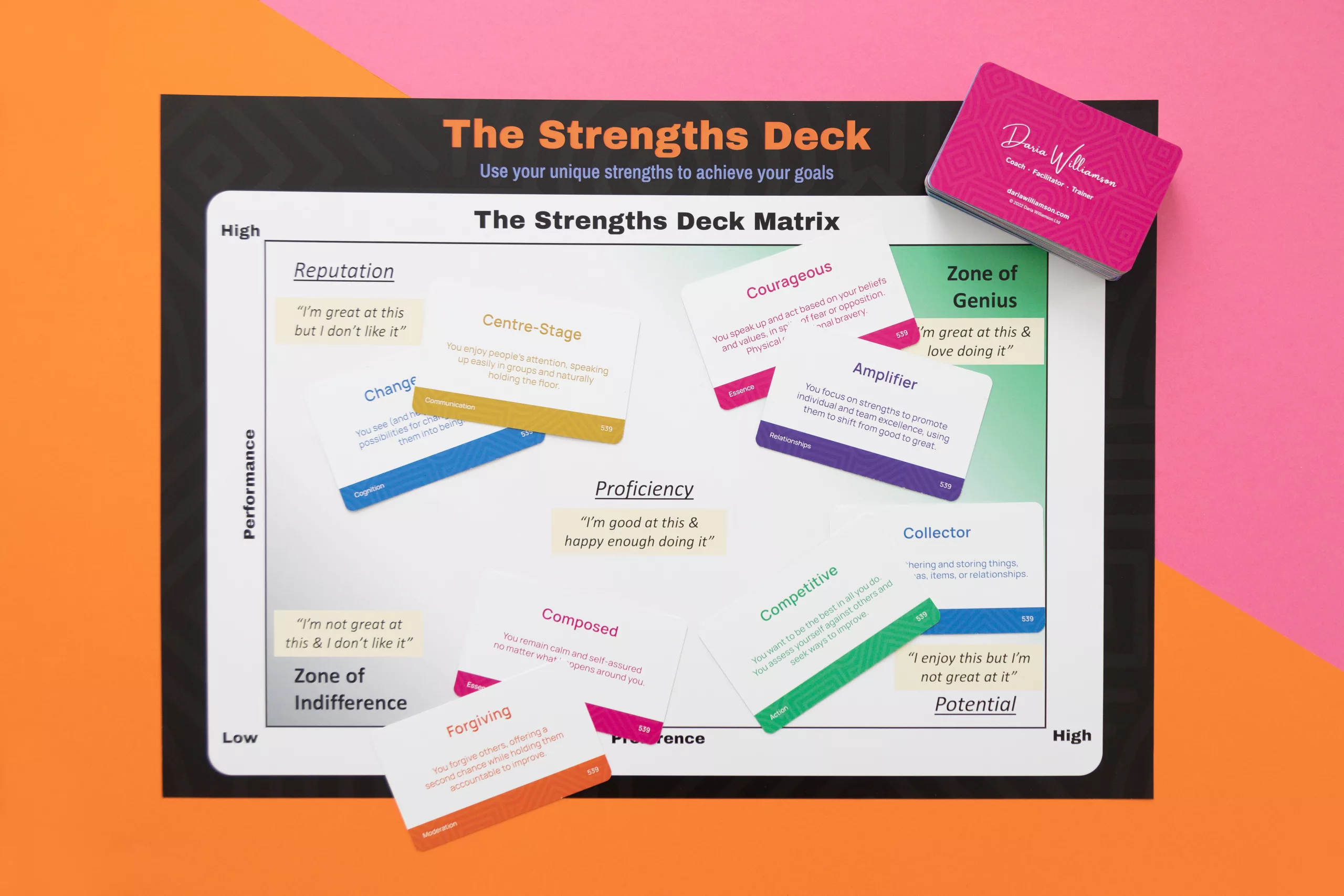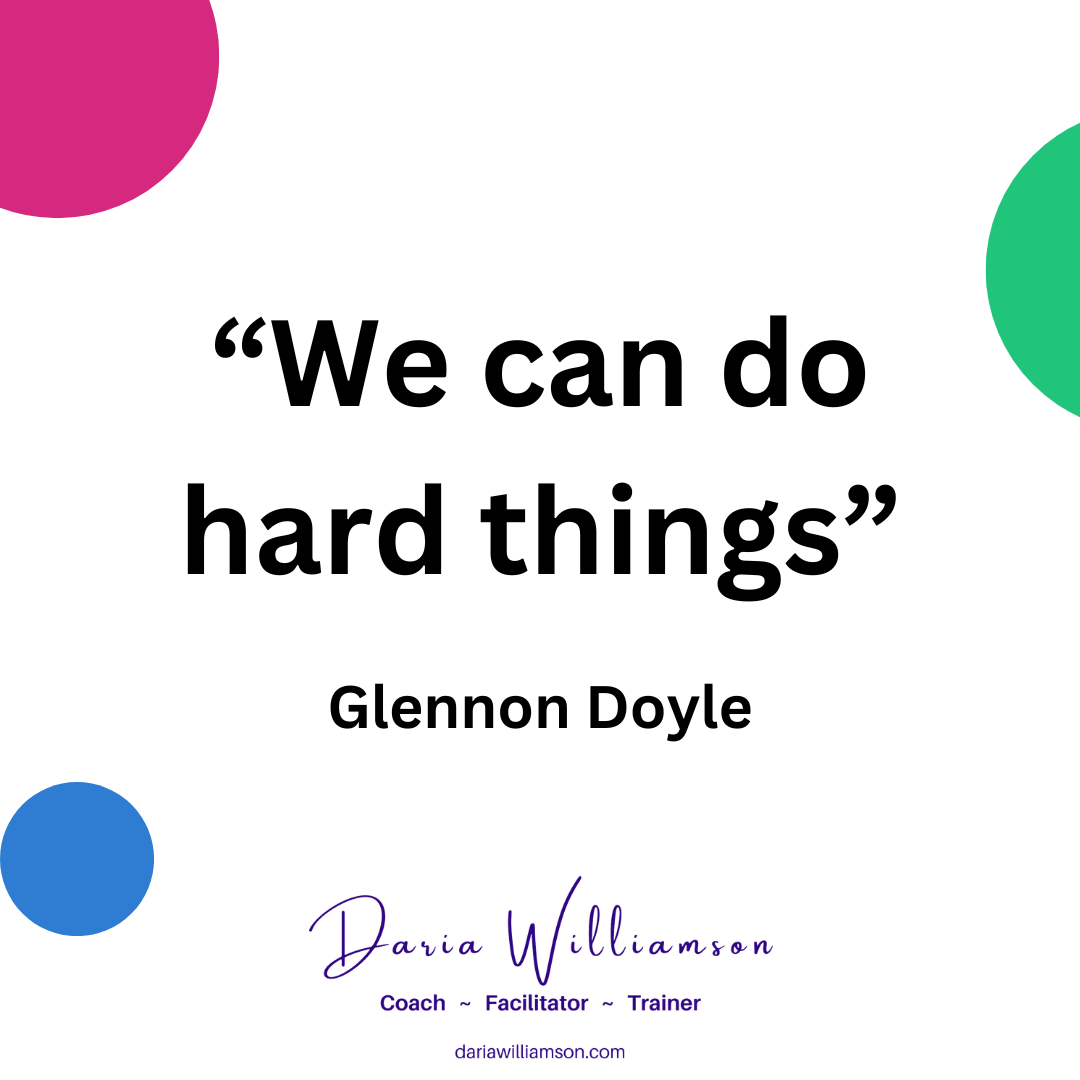The first time I heard the phrase “No is a complete sentence”, it blew my mind. All my life, I’d believed that if I said “No” to something, I had to provide a justification, and that my justification had to be absolutely water-tight. How wrong I was, and how much heartache that belief cost me!
Who gets to say "No"?
My upbringing was pretty standard Pākehā middle-class in the 1970s and 80s. Good manners were expected of children, with shades of a rather British “seen and not heard” approach. We were expected to comply with the instructions of adults (whether parents, teachers, or other grown-ups in the community). Defiance or talking back wasn’t tolerated.
Grown-ups were allowed to tell us “No”. No more TV today. No icecream before dinner. No running. No pushing. No talking in class. But if they asked us to do something that we didn’t want to, or couldn’t, do, we weren’t allowed to say “No”. In some cases, an exception would be granted if we had a really, REALLY convincing reason why “No” was the only possible option.
The impact of not having a way to say "No"
Looking back, I can see two key ways in which not having a way to say “No” created issues for me and others around me.
Firstly, we didn’t learn how to stick up for ourselves when it counted. We didn’t know how to establish and maintain appropriate boundaries, because we weren’t allowed to have them. We didn’t have strategies to help us honour our needs, desires, goals, and dreams.
Secondly, we had to find non-confrontational ways to say “No”, which creates the perfect environment for miscommunications, misunderstandings, frustration, resentment, and confusion.
We’d try the good old passive-aggressive Kiwi communication style, hoping that the other person will read between the lines and make the change we’re hoping for.
Or we’d accept the invitation to the party we didn’t want to go to, then show up as not-our-best-selves, affecting the overall tone of the gathering.
Or we’d put up with unsatisfactory working environments, relationships, and living situations because we didn’t have a way of clearly expressing what we wanted and needed.
This Lifeswap video gets the point across rather well – I cringe every time I watch it, because I see the dynamic play out over and over again in my life and with those around me!
If it's not a "Hell yeah!"...
A few years ago, I came across Derek Siver’s brilliant concept of “No yes. Either HELL YEAH! or no“
I found it immensely confrontational at first. The idea of saying no to everything unless I was completely excited by it felt selfish. But as I looked over the choices I’d made, all the things I’d said “Yes” to over the years, and the impact all those yeses had had on me, it started to dawn on me.
Every “Yes” to someone else was potentially saying “No” to myself. No to my need for rest. No to time for my friendships and relationships. No to my desires, goals, and dreams. No to stepping out of my comfort zone and trying new things.
But even that insight wasn’t enough to shift me into being able to embrace saying “No”. Because I was still stuck with the belief that I had to explain and justify myself.
...it's a "No"
And that’s where the “No is a complete sentence” concept became so valuable to me. At first, I didn’t really believe it – would anyone really accept a simple “No”, without an explanation, justification, or “acceptable” excuse?
I ran experiments. In some situations, I’d do my usual “No, because…”, and in others, I’d simply say “No, thank you.” I was sorely tempted to apologise each time, but I did my best to hold my tongue.
And do you know what? I can’t think of a single time that anyone got upset or angry. A few tried to wheedle me to a “Yes”, but I repeated, mantra-like “No, thank you.”, “That’s not an option for me.”, “Thanks for asking, but I can’t help with that”. They got the message pretty quickly!
The year of anti-Yes
Even as I’ve gotten better at saying “No”, I notice that my first instict is still to look for ways that I can say “Yes”. My default setting is still a no to myself, but I’m working on it!
Thanks to my first encounter with Covid in February 2023, I got a stark reminder that the only person who can manage my energy, my time, and my wellbeing is me. So if my wellbeing is getting squeezed, my energy sapped, and my time sucked into things I’m not happy with, there’s only one person to eyeball – the one I see in the mirror.
So, 2023 is turning into the year of the anti-Yes. I’m working on making “No” my default starting point, and only responding to the “Hell yeah!” opportunities. I’ve stepped away from online and in-person groups that I’ve enjoyed, but where the ROI is no longer serving my present and future. I’ve deleted a bunch of books from my to-read list which I added only because I thought I “should” read them. I’ve unsubscribed from dozens of mailing lists, even ones of people I quite like.
Each “No” is giving me another opportunity to say “Yes” to myself, so that I can show up the way I want to. I have more energy. I feel less guilt. I have greater mental and emotional capacities. I feel lighter and more excited about the future than I have in ages. Which mean that I have even more capacity to dive fully into the “Hell yeah!” moments that regularly come my way.
Wisdom from others
I don’t know if selection bias has made me pay closer attention to the subject, but several things have come across my desk recently relating to the power and importance of a clear no. If I needed any more convincing, these are the resources that would do it!
From Alicia McKay’s Substack article Stop Being So Damn Nice:
“When we say yes to too many things, we make an unconscious decision that we’d rather let someone down later than be honest with them today.”
From E. Elisabet Lahti’s book Gentle Power [affiliate link]:
“Acting with power means that our self-worth is firmly in place. It means that we don’t negotiate our place in life or bargain our values out of fear that we’ll be punished if we say no” (p.30)
From Jon Acuff’s book Soundtracks [affiliate link]:
“You hate to tell people no, and you believe the broken soundtrack that says having a boundary is selfish. What if you could retire that? …if you retire the broken soundtrack “I’m not allowed to say no”, you’ll feel a lot better.” (p.109)
From Katy Milkman’s book How to Change [affiliate link]:
“[Carnegie Mellon economist Linda Babcock] formed an advice club with four female colleagues so they could help one another say “no” more often. I was so impressed by the idea that I asked two faculty friends – Modupe Akinola and Dolly Chugh – to join a similar club with me: we pledged to help one another make tough calls whenever any of us got invited to do something time-consuming outside of our teaching and research responsibilities. Now, whenever one of us is asked to deliver a talk, write a blog post, or give an interview, we reach out to our “No Club” to discuss whether the opportunity is worthwhile and to get advice on how to politely but firmly turn it down if it isn’t.” (p.153)
From Rebecca Knight’s article on HBR ‘How to Say No to Taking on More Work‘
“…agreeing to work on too many assignments and pitching in on too many projects leaves you stretched and stressed. Saying no is vital to both your success and the success of your organization”
Want some help getting to "Hell yeah!"?
As you know from reading this, I don’t have this all sorted for myself yet! But I have been learning and practising strategies that are getting me more “Hell yeah!” moments and fewer “Oh gosh, I wish I hadn’t said yes to that” ones.
If you could do with some support to say “Yes” to yourself more often, by saying “No” to the things that don’t serve you, let’s chat.
I offer a free, 30min discovery call where we can talk about where you’re currently at, where you want to be, and what it will be like when you have created the conditions in which you can dive into your “Hell yeah!” moments.





